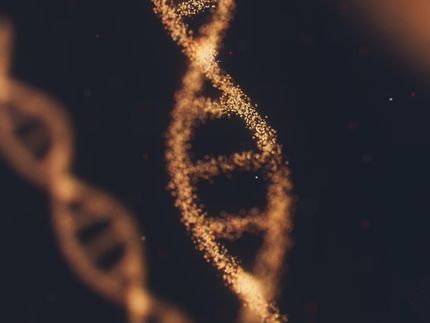Breast cancer: finding the smoking gun
A new method developed at Vanderbilt may help “inventory” all tumor-promoting genes.
Many genes are associated with cancer. The trick is proving they actually promote tumor formation.
One approach, detailed by Ian Macara , Ph.D., and colleagues is an in vivo “gain-of-function” screen.
The researchers used a gene “library” (complementary DNA carried by lentivirus) to increase the expression of nearly 1000 different genes in mouse mammary glands, and asked if any of these genes would accelerate the formation of mammary tumors.
Five genes that promoted tumor formation were identified, four of which were not previously known to be breast cancer genes.
Expression of one of these genes, GTF2IRD1, is known to be significantly increased in human breast, lung and ovarian cancers and is correlated with poor overall survival. The current study suggests that “GTF2IRD1 is a bona fide tumor-promoting gene relevant to human cancer,” the researchers concluded.
A genome-wide application of this approach may help achieve the first complete inventory of tumor-promoting genes, and thus fulfill the promise of precision cancer medicine, they added.
Original publication
Other news from the department science

Get the analytics and lab tech industry in your inbox
By submitting this form you agree that LUMITOS AG will send you the newsletter(s) selected above by email. Your data will not be passed on to third parties. Your data will be stored and processed in accordance with our data protection regulations. LUMITOS may contact you by email for the purpose of advertising or market and opinion surveys. You can revoke your consent at any time without giving reasons to LUMITOS AG, Ernst-Augustin-Str. 2, 12489 Berlin, Germany or by e-mail at revoke@lumitos.com with effect for the future. In addition, each email contains a link to unsubscribe from the corresponding newsletter.

























































